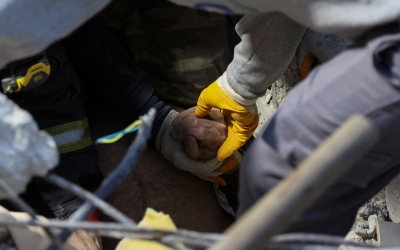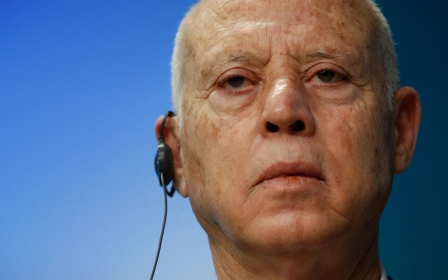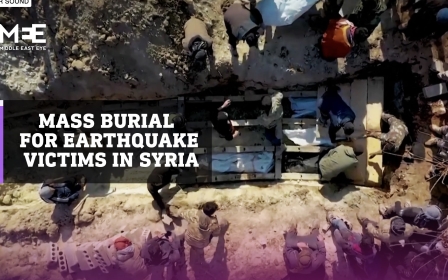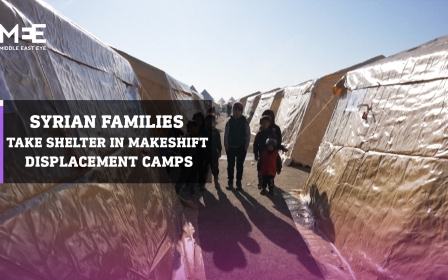Tunisia's President Saied to strengthen diplomatic ties with Syria
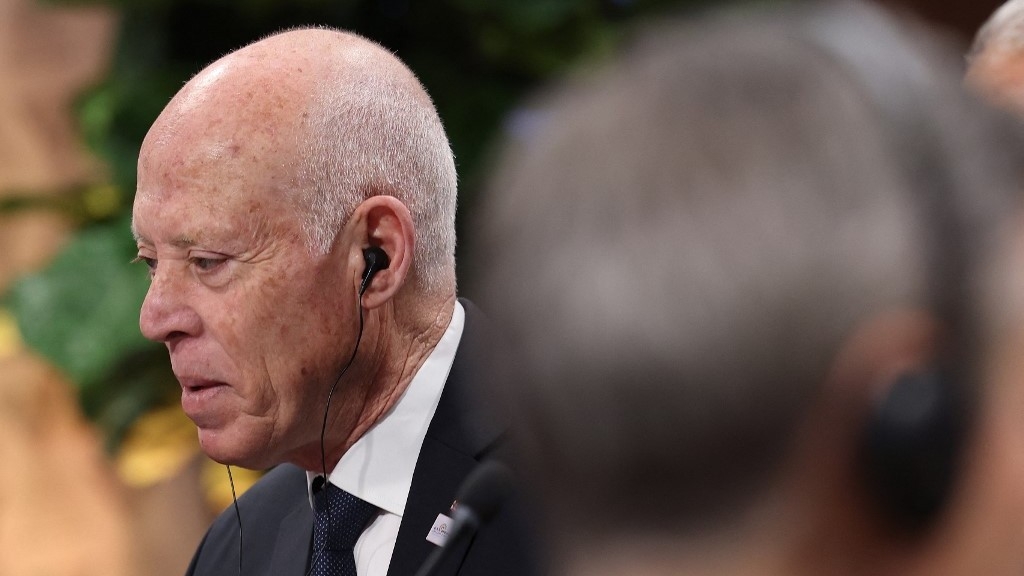
Tunisia and Syria will be strengthening their diplomatic ties, President Kais Saied announced on Thursday.
Tunisia cut off diplomatic relations with Syria about a decade ago, in protest against President Bashar al-Assad's suppression of the 2011 popular uprising that sought to remove him from power. Tunisia returned a limited diplomatic mission to Syria in 2017.
New MEE newsletter: Jerusalem Dispatch
Sign up to get the latest insights and analysis on Israel-Palestine, alongside Turkey Unpacked and other MEE newsletters
At a meeting in Carthage Palace on Thursday, Saied and Nabil Ammar, the new minister of foreign affairs, decided to raise the level of Tunisian diplomatic representation in Damascus.
Saied dismissed Foreign Minister Othman Jerandi on Tuesday, replacing him with Ammar, the former ambassador to the European Union and Belgium.
Reuters reported that after the earthquakes which hit Turkey and Syria, Assad is pressing for foreign aid to be delivered through his territory, as he aims to chip away at his international isolation.
The earthquakes have led to at least 20,000 deaths so far and devastated large parts of Syria and Turkey.
Planes carrying aid, as well as rescue and civil protection teams, were sent to Syria by Tunisia. They arrived at Aleppo airport, which is under the control of the Syrian government.
At the meeting on Thursday, President Saied also reaffirmed support from Tunisians to the Syrian people.
“The issue of the Syrian regime is an internal matter that concerns Syrians alone, and that the ambassador relied on the state and not on the regime,” the president said in a statement.
Middle East Eye delivers independent and unrivalled coverage and analysis of the Middle East, North Africa and beyond. To learn more about republishing this content and the associated fees, please fill out this form. More about MEE can be found here.


